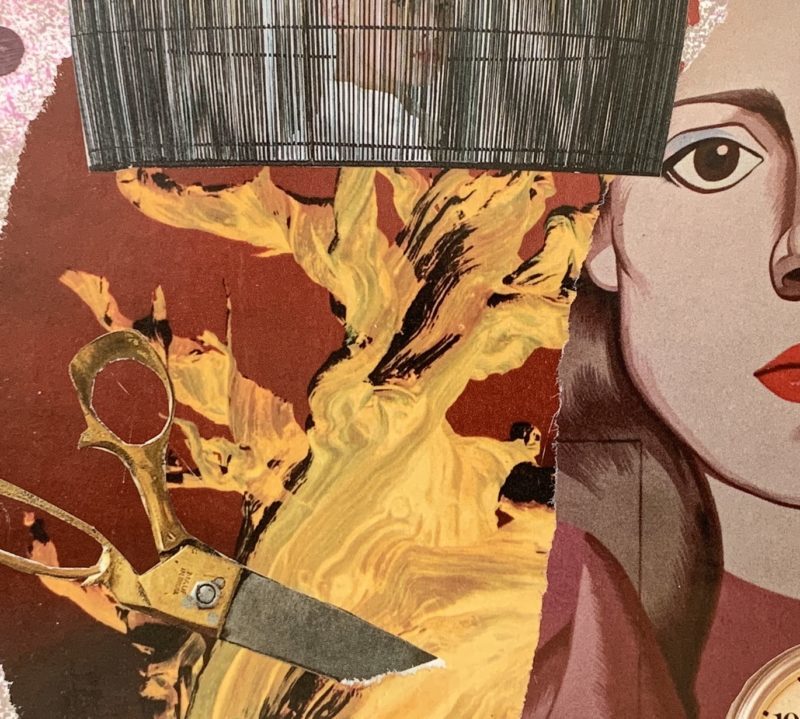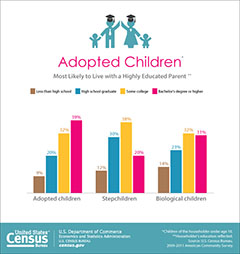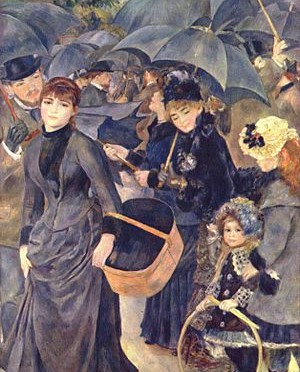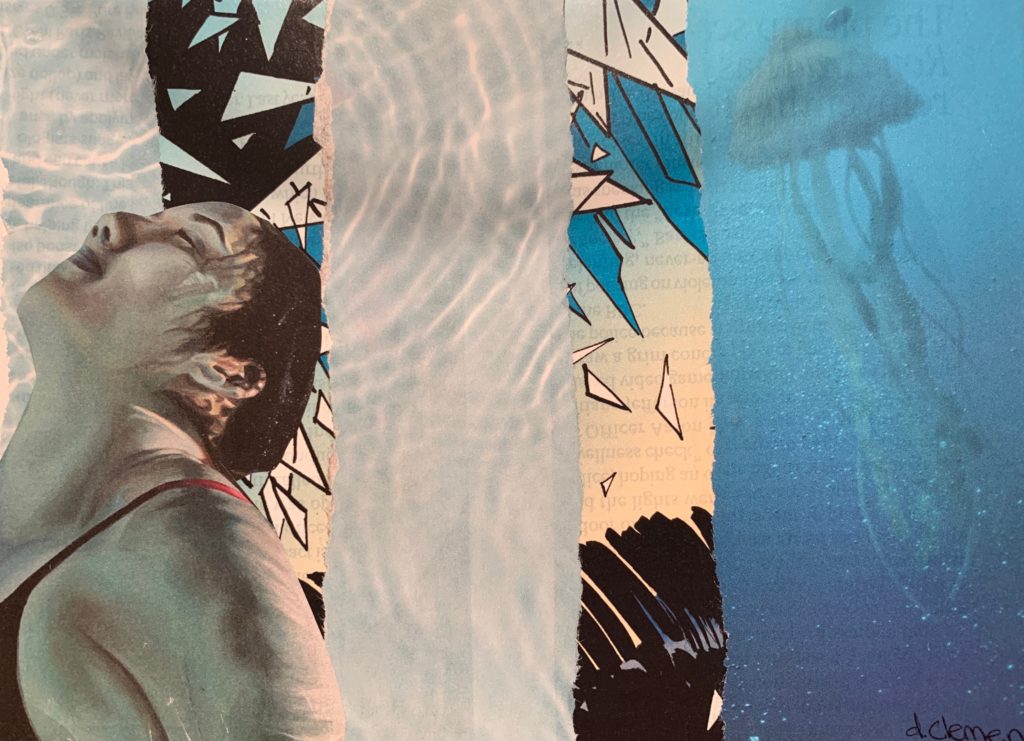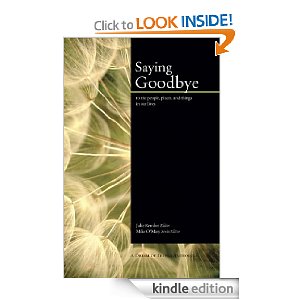Adoptive parents are educated!
“Adopted children are more likely to live in educated homes,” the headline says. The news has been making the rounds in publications large and small. Adoptive parents are educated!
For me, it was a *smacks self in forehead* moment. When I was trying to finish high school in the spring of 1970 while keeping my secret pregnancy, uh…welll…secret, the last thing I could imagine was somehow keeping my baby and going off to college. Adoptive parents have also been found to have higher incomes. That usually has something to do with education, right? Another forehead smack.
Of course the intent of this report is not to surprise us. Nor is it to overwhelm us with the obvious. It’s to gather data. If you’d like to read more adoption stats, you can see the full report here.
Mostly, I think of the personal angle rather than the statistics when I see headlines like the one above. I think of a woman reading the paper over her morning coffee. A woman who gave away a child, believing that someone else could provide a better life. I think of the ache she might have in the pit of her stomach or the pull in her heart.
